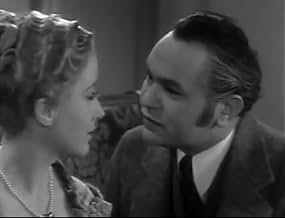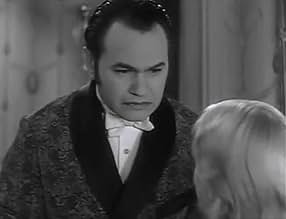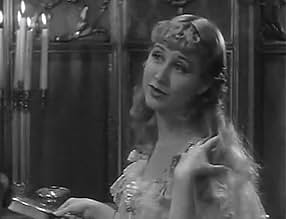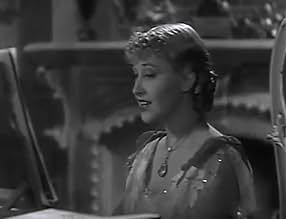In his acclaimed and enjoyable autobiography All My Yesterdays published in 1973 (the year he died), Edward G. Robinson explained in considerable detail the process that produced the interesting but disjointed movie I Loved a Woman (ILAW). Basically, the prevailing Studio System that was then an integral part of Hollywood movie-making allowed for several people (of varying ability and differing agendas) to modify a novel or play as it became the final screenplay that when shot was the film we finally saw in the theater. Each "contributor"to this process may have worked independently of all the others, and the result was somewhat like "putting Bandaids on boils" rather than attempting to produce the best cure for the condition. As Robinson further explained it, he as an actor/artist also took an interest in fashioning the final script, and often frustrating battles ensued over just how much of his input (if any) would be acceptable. No wonder that ILAW seems like a film that some think is too long and others too short---or that some believe contains incomplete or confusing characterizations while others are bothered by the abrupt/inconsistent aspects of the dramatic narrative.
Nonetheless, ILAW is entertaining and absorbing with its often rambling tale of a Chicago robber baron loosely modeled after real life meat-packer Samuel Insull. And while the romantic scenes between Robinson and his leading ladies Kay Francis and Genevieve Tobin may lack appropriate chemistry or credibility, it cannot be denied that in ILAW Robinson delivered a robust and commanding performance. He was a powerful actor in this early pre-code effort, and certainly gave us every indication that he would evolve into the superb character actor that became his future destiny.
As for veteran director Alfred E. Green, he would go on to direct The Jolson Story, The Fabulous Dorseys and The Eddie Cantor Story among many other films.
ILAW is little known today. That is too bad, because it provides an excellent time capsule that captured three accomplished actors as they were moving into their peak career period, as well as just how the Warner Brothers Studio System actually worked in practice. Next time TCM shows ILAW, check it out!



































